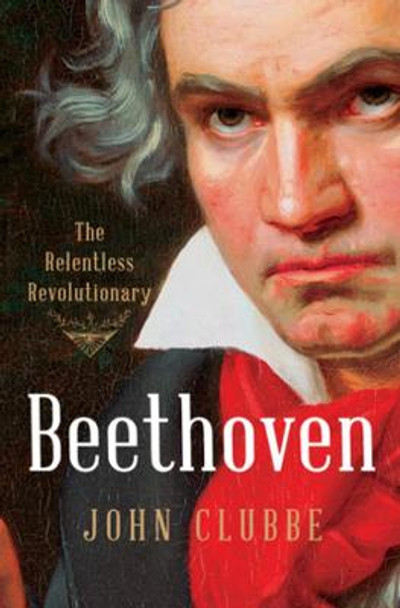Description
Beethoven imbibed Enlightenment and revolutionary ideas in Bonn where they were fervently discussed in cafes and at the university. At the age of twenty-one, he moved to Vienna to study with Haydn, gaining renown as a master pianist and innovative composer. In the capital of the Hapsburg Empire, authorities were watchful to curtail and punish displays of radical political views. Nevertheless, Beethoven avidly followed the rise of Napoleon and his republican reforms. As Napoleon had liberated Europe from aristocratic oppression, Beethoven desired to liberate music and mankind itself.
Through Beethoven's letters, portraits and other personal papers, and by setting him alongside the major artists of the time, John Clubbe illuminates Beethoven's role as a lifelong revolutionary.
About the Author
John Clubbe, who holds three degrees from Columbia University, taught chiefly at Duke and the University of Kentucky. He has written books on nineteenth-century cultural history and numerous essays, primarily on Byron, Beethoven, and Napoleon. In Santa Fe, New Mexico, where he now lives, he has given pre-concert lectures for the Santa Fe Pro Musica and the Santa Fe Symphony.
Reviews
"Clubbe's biography is a thorough account of Beethoven's inspirations, collaborators, and his turbulent times. It frames his work with political events and makes a compelling argument for their impact on the man." -- New Statesman
"A thoughtful cultural history that takes into account the times in which Beethoven lived and worked-and they were times of revolution." -- Tim Page - The Washington Post
Book Information
ISBN 9780393242553
Author John Clubbe
Format Hardback
Page Count 512
Imprint WW Norton & Co
Publisher WW Norton & Co
Weight(grams) 934g
Dimensions(mm) 244mm * 165mm * 43mm







